I have witnessed Afghanistan's path from war – and cricket is at the heart of a new optimism
The country has finally shown glimpses of its massive potential, which 40 years of conflict has failed to stamp out
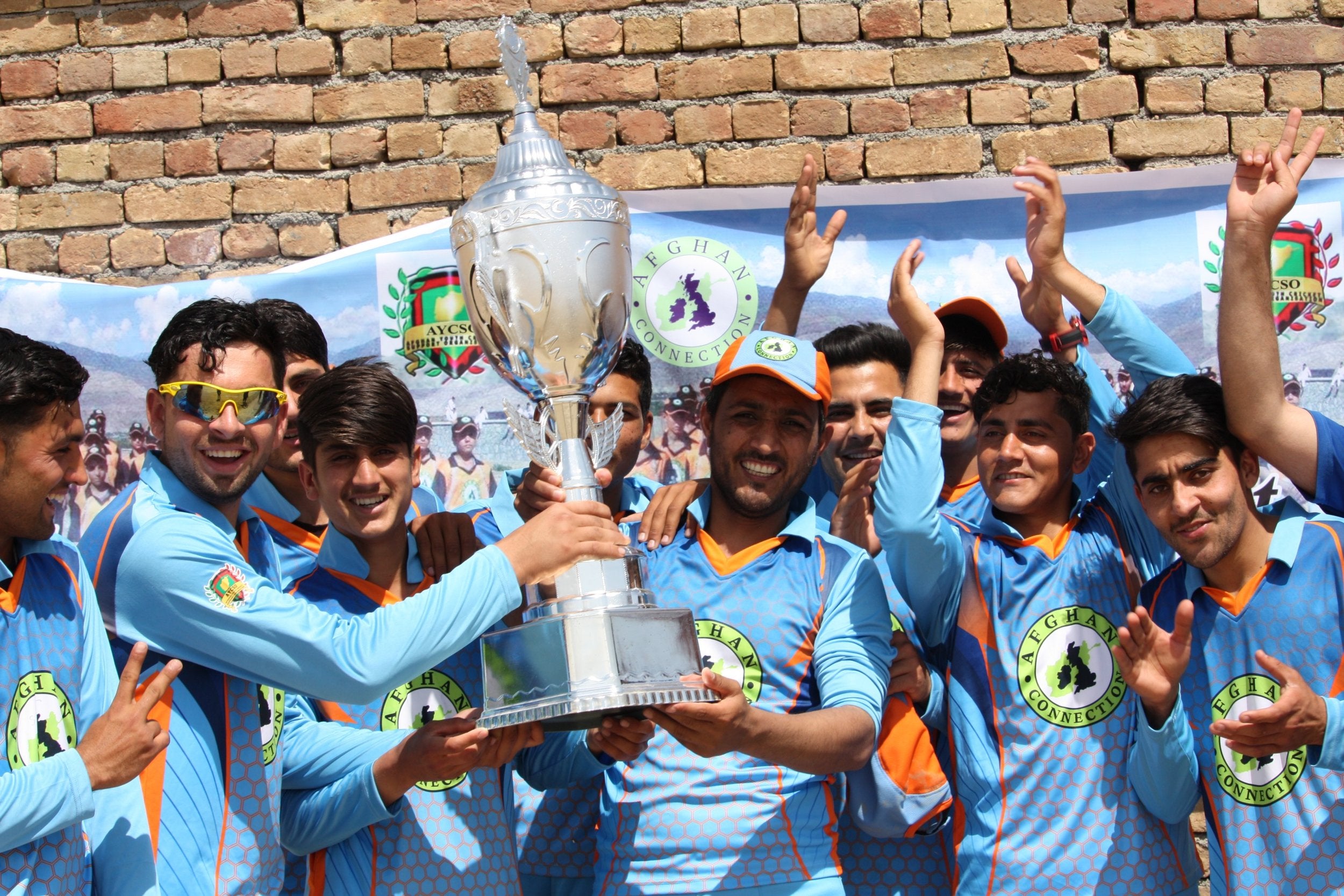
I first stepped foot on Afghan soil in 1988, and in the months that followed, I worked from a Mujahideen camp on the border with Pakistan running clinics for refugee women fleeing the Afghan-Soviet war. Then in 2001, with the country in the grip of the Taliban, I travelled to the Panjshir to work in a mother-child clinic. I witnessed first-hand the devastation of a country and its people.
Now, just over thirty years after my first visit, there is a positive story to tell. I no longer work with those at the start of their life but instead for those nearing adulthood in a post war-on-terror Afghanistan, supporting education and helping to bring cricket into their lives.
The country has finally shown glimpses of its massive potential, which 40 years of conflict has failed to stamp out. At the heart of this is cricket.
My charity Afghan Connection held a tournament in Kabul this week to celebrate a very important year for Afghan cricket. This summer, the national team will compete in only their second ICC Cricket World Cup, here in the UK. And the team aren’t there just to make up the numbers. Shane Warne has already tipped them as “legitimate contenders”, capable of upsetting the status quo of international cricket.
The story of the Afghan cricket team is one of the few “good news” stories from Afghanistan to have edged into the headlines over recent years.
Since 2008, when we first delivered kit to the national team in Kabul, Afghan Connection has built more than 100 cricket pitches in schools serving some 100,000 girls and boys, coached 4,700 children and 180 teachers and held tournaments across Afghanistan for boys and girls. We have been supported by the MCC, the UK government and generous individuals.
A particular success has been cricket for the visually impaired, whose lives have been transformed from despair to joy through the sport. Alongside this, our educational programmes have funded 46 school constructions serving more than 75,000 children in the firm belief that education holds the key to the country’s future.
South Asia’s love affair with cricket is nothing new. It has allowed countries such as India, Pakistan and Bangladesh to assert their identity, literally, on an international playing field.
Afghanistan was a late bloomer. Its genesis was in the refugee camps of Pakistan, where many Afghans lived during the Soviet occupation. It was here that many of the Afghan players honed their love for the game with sticky tape balls and branches for bats.
Thirty years ago it was commonplace to see young boys walking the streets with Kalashnikovs, now boys walk around with homemade wooden bats. As Afghan player, Samiullah Shenwari recently said to me, "ten years ago there was nothing. Now in the street, in the schools, everywhere there is just cricket".
It’s no coincidence that cricket is the sport of choice for Afghan Connection. It is a game of fairness. And it is the spirit of cricket, its emphasis on teamwork and camaraderie, which provides the ideal framework for young people’s personal development and, more crucially, their enjoyment.
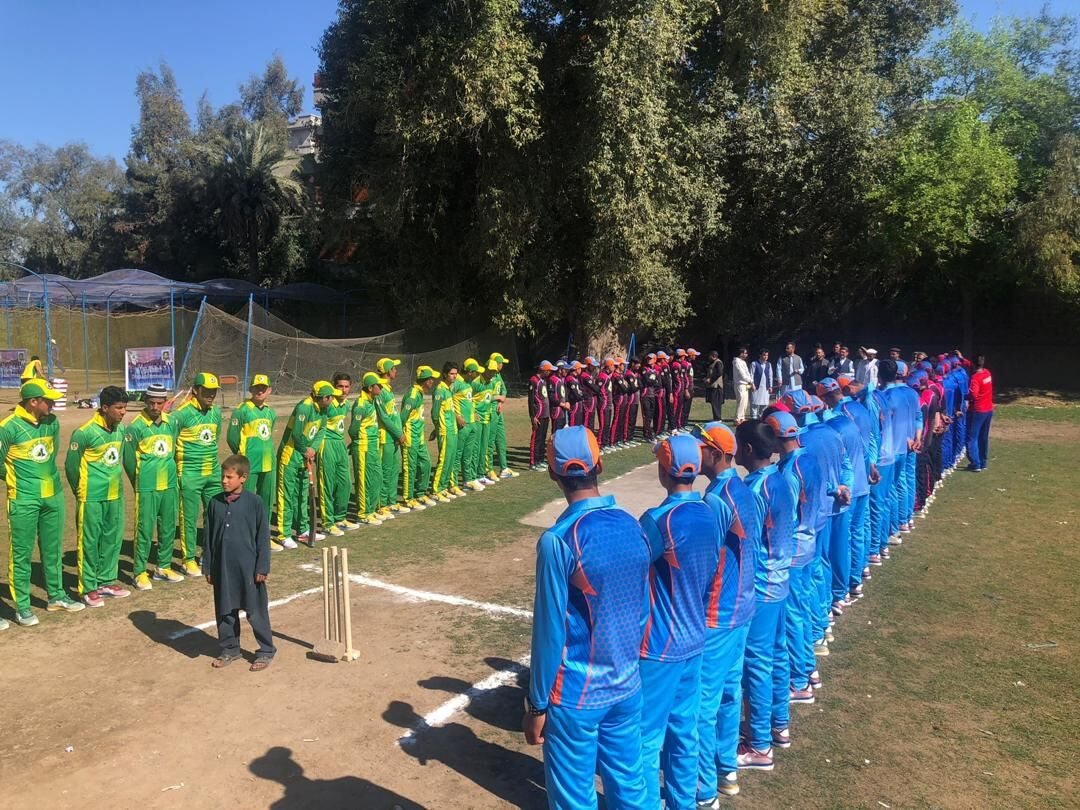
Whenever I visit schools, faces light up on the mention of the Afghan cricket team, or any one of the growing raft of Afghan players who have captured the hearts and minds of young children throughout the country.
Rashid Khan, the shining light of the current side, and upon whose shoulders much of their World Cup hopes rest, became the youngest player to top the ICC player rankings for bowlers in one-day cricket in February 2018.
If cricket in Afghanistan can thrive, then so too can its people. It has become a bellwether of the opportunities available to them. In the end, what happens to the children of Afghanistan will have an impact on our futures too.
If we fail these children, we expose ourselves to a host of dangers the world already knows too well. With over 50% of its 34 million-strong population under the age of 18, young people must remain at the centre of our efforts in the pursuit for peace and development.
What the “Blue Tigers” have achieved over the past few years is nothing short of outstanding. It’s a vision of Afghanistan which doesn’t come naturally to us in the UK. But, when Afghanistan kicks off its World Cup campaign against Australia on 1 June, and the County Ground in Bristol is cloaked under a sea of black, red and green, turbans and scarves, smiles and greetings, we should all take a minute to consider the indomitable spirit of the country and its people.
The rise of the Afghan national cricket team is an example of how to address tough international challenges – and I hope this journey is just the start of a new positive path for the people of Afghanistan.
Sarah Fane founded Afghan Connection in 2002. She was made an Honorary Life Member of the MCC in 2012 and received an OBE in 2013, in recognition of the charity’s work in Afghanistan.

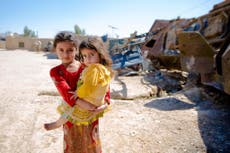
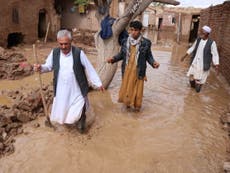

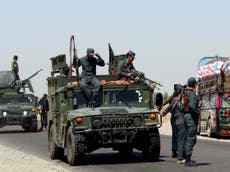
Join our commenting forum
Join thought-provoking conversations, follow other Independent readers and see their replies